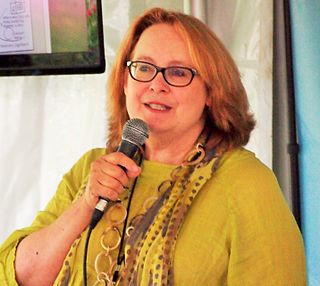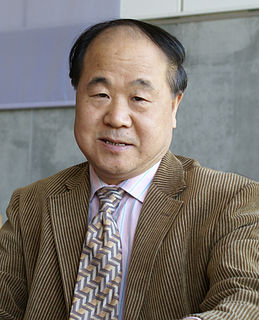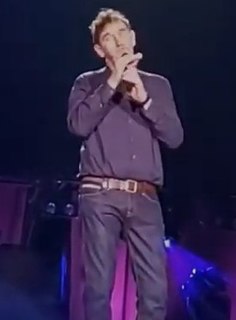A Quote by Howard Jacobson
Reading literature remains a civilising activity, no matter that it's literature in which people do and say abominable things and the author curses like the very devil. What's at issue is how we describe the way the civilising works.
Related Quotes
Literature is the best way to overcome death. My father, as I said, is an actor. He's the happiest man on earth when he's performing, but when the show is over, he's sad and troubled. I wish he could live in the eternal present, because in the theater everything remains in memories and photographs. Literature, on the other hand, allows you to live in the present and to remain in the pantheon of the future.
Literature is a way to say, I was here, this is what I thought, this is what I perceived. This is my signature, this is my name.
Literature cannot develop between the categories "permitted"—"not permitted"—"this you can and that you can't." Literature that is not the air of its contemporary society, that dares not warn in time against threatening moral and social dangers, such literature does not deserve the name of literature; it is only a facade. Such literature loses the confidence of its own people, and its published works are used as waste paper instead of being read. -Letter to the Fourth National Congress of Soviet Writers
As a children's author, you get to advocate for reading and writing in general, in a way an adult author might not be able to. It's a really interesting dance we do to get literature into the hands of young people and to help them to become literate and become readers; we want them to grow up reading and continue to do so when they're adults.
Reading is always a way of forming a bond with other people. I'm not very good at socializing - I quite like spending time alone - so reading is a way of engaging quite deeply with the way other people think. Quite often when you meet other people socially you don't get to have a conversation of any depth. You end up talking about how well or how badly someone is doing at school or something of that sort. Questions like, "What we are," "Who we are," "Where are we going," you get those from literature and from people that spend some time thinking.
It seems to me that literature is giving way a little bit to the immediacy of other diversions, other forms of entertainment. What will it be in fifty years? I don't know. Will there be printed books? Probably, but I'm not sure. There's always going to be literature, though. I believe that. I think literature has a way of getting deep into people and being essential. Literature has its own powers.
Teaching literature is teaching how to read. How to notice things in a text that a speed-reading culture is trained to disregard, overcome, edit out, or explain away; how to read what the language is doing, not guess what the author was thinking; how to take evidence from a page, not seek a reality to substitute for it.







































